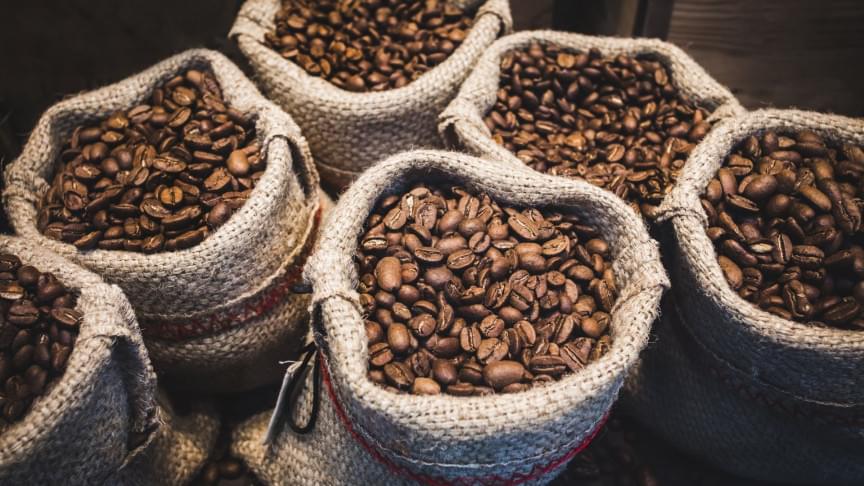Is it all down to a cup of joe then?
People who drink coffee regularly, with or without sugar, both seem to benefit from the beverage as it cuts down on the risk of early death, * The Guardian* reported.
Grabbing a cup of coffee may just be something you do almost unconsciously as you sit down with your morning newspaper or before you start your workday. As the day wears on, you might be down three cups or maybe even five without giving it a second thought. However, scientists have been very conscious of the world’s coffee consumption.
Estimates suggest that over 400 million cups of coffee are consumed every day) in the U.S. That’s literally more than a cup of coffee for every inhabitant of the country. Since not everybody consumes coffee every day, the numbers suggest that an average American coffee consumer drinks three cups of coffee a day.
## How does coffee affect your health?
The critical component of coffee, caffeine is a stimulant of the central nervous system. Every time you consume caffeine or a soft drink that is also pumped with caffeine, the chemical blocks the action of adenosine on the neuronal receptors and stops you from feeling drowsy.
While this helps you feel more active and energized, caffeine is an addictive drug and researchers have warned against excessive consumption of it. Strangely though, consumption of coffee has also been linked to positive outcomes such as limiting the growth of prostate cancers or warmer brews being packed with antioxidants.
Researchers have, therefore, tapped into the UK Biobank to find out the impact of drinking coffee over a long period of time.
Keep reading full story:
A group of Chinese researchers accessed this database and selected a cohort of 171,000 participants for their study and tracked them over a period of seven years during which 3,177 people died, The Guardian reported.
Analyzing factors such as age, body mass index, amount of physical activity, and ethnicity among other various variables, the researchers found that individuals who consumed unsweetened coffee were at the lowest risk of death while those who did not consume coffee at all had higher risks. It was revealed that the individuals who consumed between 2.5 and 4.5 cups of coffee a day were at a 29% lower risk of death.
Even for individuals who consumed coffee with sugar, the risk of death was comparatively lower than for those who did not consume the beverage. The results were similar irrespective of whether the participants consumed instant, ground, or decaffeinated coffee. The data did not provide a clear correlation among people who used artificial sweeteners instead.
